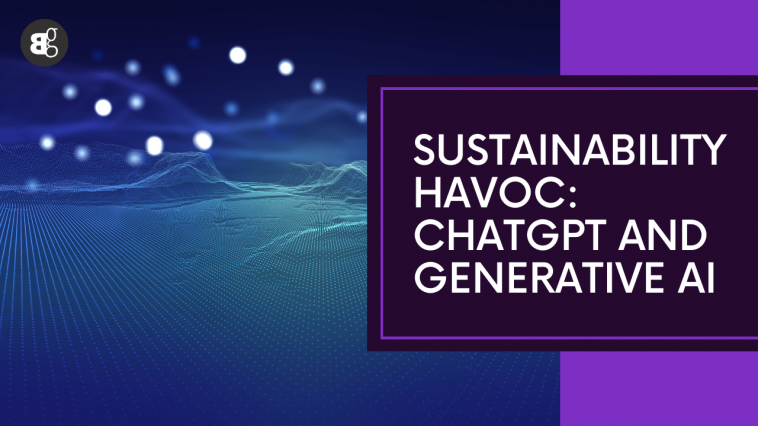Artificial intelligence and its effects on water and energy consumption are a serious problem for us. Therefore, I felt I would share some important information that board directors and executives should be aware of regarding ChatGPT’s enormous water and energy consumption:
- Every day, ChatGPT uses more than half a million kWh of electricity—an astonishing amount that could handle 200 million requests.
- With each home consuming roughly 29 kWh, ChatGPT’s daily power consumption is almost equal to 180,000 US households.
- About 50 cl of water is used during a ChatGPT conversation.
Given the rapid expansion of genAI product innovations from OpenAI and other major players in the technology industry as well as newcomers like Amazon, Anthropic, Cohere, Microsoft, and Nvidia, this is extremely concerning.
Electricity consumption in the AI sector is already expected to rise sharply, with estimates putting it at 85–134 TWh yearly by 2027.
AI’s water footprint varies greatly depending on where it is hosted and trained, according to a recent OECD policy report. For instance, AI uses between 1.8 and 12 liters of water for every kWh of energy used in Microsoft’s data centers worldwide; the most and least water-efficient sites are in Ireland and Washington, respectively.
To compress complex AI models, we will require far more effective genAI infrastructures. We will also need to design more energy-friendly and energy-efficient technological innovations. Water is the purest source of life and our most limited global resource.
Just 2.5% of the world’s volume is made up of freshwater, and more than half of that is ice. Of what is truly usable, 70% is used for agriculture. Water scarcity is predicted to affect two-thirds of the world’s population by 2050, having an impact on every aspect of people’s lives.
Government officials need to grasp these risks and realities more firmly. Board directors and CEOs should also exert more pressure on the giants of technology to behave more morally and responsibly when it comes to sustainability issues. Read this newsletter for additional OECD insights, as it emphasizes the need for increased public participation in AI policy matters.






